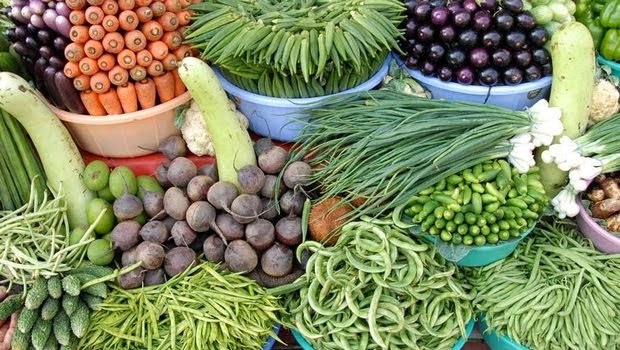What to do with date expired packed foods is an issue that has been debated for long ever since the present front of the pack labeling provision became mandatory in many countries. While manufacturers have the moral and legal responsibility to with draw such products and replace with fresh packs in the retail market shelves, some highly popular brands, in great demand, do not extend this service to its retailers. Probably retailers who depend on these products heavily to sustain their business have no choice but to allow them being wasted or adopt the dubious practice of repacking them to hoodwink the consumer. Therefore the problem becomes more of the retailer than that of the manufacturer. It was no long ago a Minister in the British Cabinet exhorted the consumers there not to waste the date-expired foods by throwing them away. It is rarely understood that expiry date often refers to the eating quality of the contents rather than their safety. Still consumers have a tendency to prefer food products with long expiry date, imagining rightly or wrongly, that they are much safer and of course they cannot be faulted. If the manufacturers are able to give same date information with respect to safety, lot of foods could be saved from going waste which is an inexcusable act considering the fate of millions of people who go hungry every day for want of access to affordable food. The Food Bank movement which has taken roots in many developed country are doing a yeoman service by redeeming date expired foods and distributing the same to poor people, after ascertaining they are safe. Those who work in this movement are "Angels" in this, other wise despicable, planet!
"According to Kate Mudge, the director of Food Rescue, almost every retailer in the Twin Cities participates. "It doesn't cost anything to participate, if anything it saves money from trash collection," she said. Companies also have tax incentives for participating. Major retailers include Cub Foods, Sam's Club, Wal-Mart and Byerly's, along with many other food sellers. The program has existed since 1984, but has taken off in the last five years. Similar programs exist across the country, but according to Mudge, this is one of the more formalized organizations. Food Rescue has eight refrigerator trucks in the metro collecting food from stores daily, and it is one of the largest programs of its kind in the country. Though the eight trucks run in the Twin Cities area, they also set up connections between stores and food shelves in rural areas. Food Rescue is completely safe and protected by federal law under the Good Samaritan Act. The program also offers a way for retailers to be green and increase sustainability efforts. Working with 224 donors across Minnesota and Wisconsin, they collected and saved around 12 million pounds in 2010. Second Harvest Heartland collects a total of 60 million pounds of food and year, with nearly 25 percent coming from Food Rescue. With the program still growing, they hope to collect 15 million pounds this year. The largest of their kind in the Upper Midwest, Second Harvest Heartland says on their website that they wish to relieve hunger through leadership and innovation. They are also a member of "Feeding America," a network of more than 200 food banks across the country. Collecting, storing, and distributing millions of pounds of food to those in need are the main goals of the organization. This innovative process of distributing food has a way to take what would end up being unnecessary landfill contents and feeding those who need it. Manufacturers refuse to let this food go to waste, and Food Rescue helps to make sure that doesn't happen".
A recent news item in print media in India claimed that GOI is "considering" the waste of foods in the country though the bland statement by a junior minister in the Parliament does not say where food is wasted and how they are going to be prevented. It took 64 long years after Independence for the "ruling elite" to realize "food is wasted" in large quantities in the country! This is while no less an agency like the Supreme Court indicted the very same government regarding its propensity to allow food grains to rot out side their storage Goddowns under their very nose! Do these political chicaneers have any more credibility left amongst the honest citizens in Indian republic, after the series of scams surfaced recently, involving siphoning of billions of rupees from the common man, obviously to line their own pockets and slash it away in Tax Havens?
http://vhpotty.blogspot.com/
http://foodtechupdates.blogspot.com

No comments:
Post a Comment